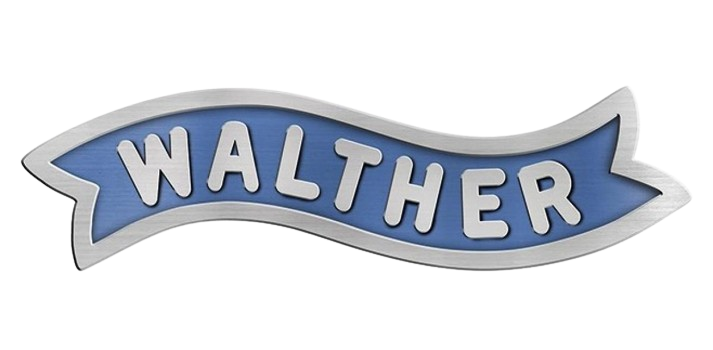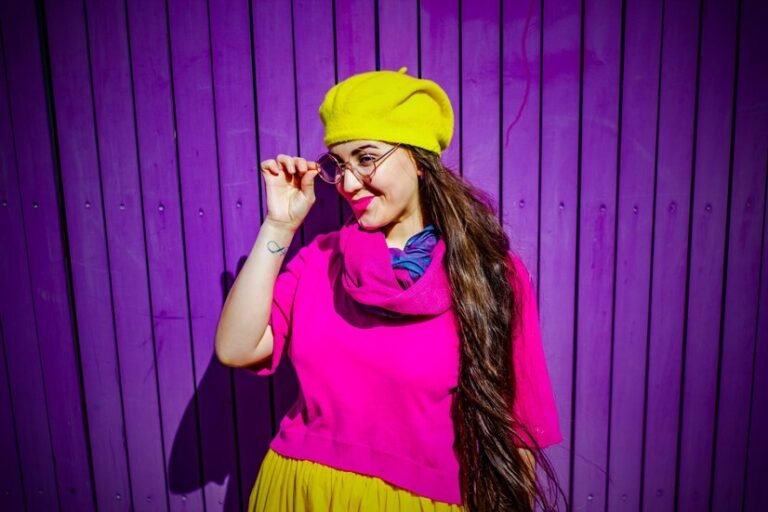The 1980s are known for many things, from big hair to iconic pop music, but one element that truly defined the era was the explosion of
80s neon colors. These bold, fluorescent hues took over everything from fashion to interior design, giving the decade a distinctive look and feel that has remained iconic ever since. In this article, we’ll explore how
80s neon colors influenced fashion, pop culture, and design, and why they continue to inspire trends today.
The Rise of Neon in the 1980s
In the early 1980s, neon colors began to emerge in both fashion and design. The cultural shift towards bright, eye-catching visuals was heavily influenced by the rise of technology, the popularity of music videos. And a general sense of excess and extravagance. Neon colors, which were previously used mostly for signs and advertisements. Became a symbol of the bold, unapologetic attitude of the 80s.
With the advent of
new synthetic dyes and innovative textile technologies, designers began incorporating neon into clothing, accessories, and interior designs. Neon greens, pinks, blues, yellows, and oranges became synonymous with the era, representing a break from the more muted colors of previous decades.
Fashion and 80s Neon Colors
One of the most visible places where
80s neon colors had an impact was in fashion. The fashion industry embraced neon hues for their ability to grab attention and make a statement. From the
Miami Vice-inspired suits to the oversized neon sweatshirts and leggings, neon was everywhere. Designers such as
Jean-Paul Gaultier,
Vivienne Westwood, and
Gianni Versace incorporated bold neon shades into their collections, bringing these bright colors to high fashion.
Neon in Casual Wear
In addition to high fashion, neon made its way into casual wear as well.
T-shirts, tank tops, and sweatshirts in electric colors became popular among young people. Especially those who were into the vibrant energy of the 80s music scene. Neon was associated with
athletic wear, too, as it was often featured in
sports jerseys, gym clothes, and sneakers. The bright hues were designed to stand out, whether at a party, in the gym, or on the dance floor.
Neon Accessories
No 80s outfit was complete without neon accessories.
Neon scrunchies,
headbands,
sunglasses, and
jewelry became staples in the wardrobes of fashion-forward individuals. These accessories allowed people to add a pop of color to even the most basic outfits. And they were especially popular in
streetwear and
clubwear.
The Influence of Music and Pop Culture
The
80s neon colors craze was heavily influenced by
pop culture, particularly music. The rise of
MTV and the popularity of music videos helped bring neon to the forefront of fashion. Artists like
Madonna,
Cyndi Lauper, and
David Bowie often featured bold, neon-infused outfits in their music videos, contributing to the trend’s widespread appeal.
The Impact of Music Videos
The rise of
music videos as a medium for self-expression and storytelling made it possible for pop stars to showcase
bold fashion choices on a global scale.
Madonna’s “Like a Virgin” video and
Cyndi Lauper’s “Girls Just Want to Have Fun” were prime examples of how neon colors could convey energy, rebellion, and fun. As viewers watched their favorite stars rock neon outfits, they were inspired to incorporate these colors into their own wardrobes.
Neon and Nightlife
Neon colors were also closely tied to the nightlife scene in the 80s. With the rise of
disco,
dance clubs, and
raves, neon was the perfect color to reflect the energy and excitement of the night. Neon lights, signs, and clothing became synonymous with these vibrant, high-energy settings. The colors represented not just fashion but a lifestyle: one that was youthful, rebellious, and ready to party.
Neon in Interior Design
The
80s neon colors trend didn’t just stay confined to fashion. It also made its way into the world of interior design. Bright neon hues became a popular choice for home decor, with many people opting for bold, eye-catching furniture, wall art, and accessories. Neon greens, purples, pinks, and blues were often used in
living rooms, kitchens, and bedrooms. Creating a lively, energetic environment that matched the overall vibe of the era.
Neon and Graphic Design
The rise of
graphic design in the 80s also contributed to the popularity of neon. With the boom of
advertising,
logos, and
product packaging, neon colors were used to attract attention and stand out in a crowded marketplace. Bright neon shades were commonly seen in posters, flyers, and billboards, and their bold, vibrant nature made them effective in grabbing people’s attention.
Neon Lighting
One of the most iconic uses of neon in the 80s was in
neon lighting. Neon signs, often in bright fluorescent colors, lit up the streets of cities like New York, Los Angeles, and Tokyo. These signs were not just functional but also artistic, adding to the neon glow that became symbolic of the era. Whether they were for restaurants, clubs, or stores, neon signs helped create a sense of place and time, and they remain a beloved element of 80s nostalgia today.
The Return of 80s Neon Colors in Modern Times
Although the 80s are long gone,
80s neon colors continue to influence design and fashion today. Modern designers often look back to this colorful era for inspiration, incorporating neon hues into contemporary fashion collections, home decor, and branding.
Neon in Fashion Today
In recent years, there has been a
revival of 80s neon colors in streetwear and high fashion. Designers have brought neon back onto the runway, while
athleisure brands have embraced neon for their activewear collections. Social media influencers and celebrities also love to play with bright neon hues, especially when it comes to creating bold and visually striking outfits.
Neon in Interior Design
Neon’s resurgence is also evident in interior design, with many people today embracing
retro-inspired decor that includes neon lighting, wall art, and furniture. Signs, in particular, have made a huge comeback in home and business decor. With people incorporating them into kitchens, living rooms, and even bedrooms to create an 80s-inspired ambiance.
Neon in Technology and Branding
Neon has also made its way into the tech world, with
websites, apps, and
branding often using neon colors to create an eye-catching, futuristic feel. neon is no longer just a throwback to the 80s. It has become part of the
digital aesthetic, with many companies using it in their logos, ads, and product designs to stand out in a crowded online space.
Conclusion
The bold, bright world of
80s neon colors continues to captivate us, even decades after the decade itself has passed. From fashion to interior design to pop culture, neon hues were a defining feature of the era and continue to influence trends in modern times. Whether through a
neon sign in a trendy cafe or a
neon outfit on the runway. The energy and vibrancy of the 80s live on, reminding us of an era that was all about fun, excess, and self-expression.
FAQs
What are 80s neon colors?
80s neon colors are bright, fluorescent hues, including neon pink, green, yellow, blue, and orange. That became iconic during the 1980s. They were widely used in fashion, design, and pop culture.
Why were neon colors popular in the 80s?
Neon colors were popular in the 80s because they represented boldness, energy, and excess. The rise of music videos, club culture, and new textile technology contributed to their widespread use.
How did neon colors influence fashion in the 80s?
Neon colors became a signature of 80s fashion, with designers incorporating bright hues into their collections and everyday casual wear embracing neon t-shirts, sweatshirts, and accessories.
Are neon colors still in style today?
Yes, neon colors have made a comeback in fashion, interior design, and branding. Many modern designers and brands continue to use neon shades for their bold and attention-grabbing qualities.
What are some examples of 80s neon fashion trends?
Some iconic 80s neon fashion trends include
neon leg warmers,
headbands,
oversized sweatshirts,
neon spandex, and
bright sneakers, which were popular in casual and clubwear.

